Consolidation of technologies to enhance supply chain
March 3, 2021 6:04 pm
Discussing the impacts of present global trends industry’s leading HVAC&R experts highlight the increase in the demand for cold storage facilities and logistics for pharma and F&B requirements
The demand for quality cold storage infrastructure is on the rise. The pace at which this demand is growing is two to three times the industry growth, since the industry is shifting more products into temperature control, due to the proposed implementation of the GDP (Good Distribution Practice) Guidelines by the MOH&FW, GOI. This will drive the growth of the cold storage market. There is also equal focus given on Food Storage by the Ministry of Food Processing and this will also add to the demand for cold storage
Catering the infrastructural and cold storage demands for pharma and F&B
Currently, the increasing demand for cold storage is due to the movement of Covid vaccines. As of now, the demand is also towards the transportation side as most of the storage and distribution rests with the Government. Once the distribution of the Covid vaccines gets privatised there will be a need to increase the storage and transportation infrastructure across the country. The industry is already planning upgradation as we expect the larger part of the vaccines to go through private networks, subject to GOI approvals.
The demand for Cold Chain Logistics in India has been intensifying off-lately in both both in the Warehousing & Trucking segments. This is being driven both by Food and Perishable’s sector as well as the Pharmaceutical Sector. There is also a move by strategic players to acquire Cold Chain Assets. “It’s time we increase the investments towards cold chain infrastructure and ensure uniform distribution of these assets across the country. There are numerous state and central level subsidy schemes that supports us on the capital expenditure, thus making ROCE of the investment more viable”, says Divyansh Rathore, National Head – Supply Chain Operation, Future Supply Chain Solutions Limited. These subsidies help in funding the viability gap which is a major concern for the investors. An estimated investment of more than USD 150 million has been put into cold chain companies by PE firms which are expected to improve the farm level infrastructure through the development of pack houses, ripening chambers and other allied transportation services. Focus of the industry will thus shift from single commodity storages to modern multi commodity facilities with the scope of consolidation and introduction of better technology thus optimising the entire supply chain.
Apart from agriculture, other perishable food, including dairy, poultry, and processed food that require temperature control, go astray following inefficient cold chain. In such a scenario, cold storage warehouses designed to only accommodate single commodity storage remains to be a challenge, as it hinders the optimisation of already scarce resources.
Policy and financial assistance for pharma and F&B sector
While there are incentives/ subsidies given for creation of storage infrastructure in food sector the same needs to be allowed for Pharma sector as well. This is important as India is considered the Pharmacy to the world and there is an increased need to improve cold storage facilities in Tier 2/3 & rural areas for safe storage and distribution of temperature sensitive medicines. The government should permit subsidy for cold storage irrespective of the sector.
Noting the same, Rathore adds, “Our focus is predominantly towards the Pharmaceutical sector. However, opportunities for the Food and Beverage industry, lies in building large scale cold storages that will further reduce the cost per pallet and a better understanding of product seasonality’s, thereby enabling better utilisation of space.” Consumer awareness towards quality and shelf like is also enforcing companies to use better storage and transportation conditions thereby leading to upgradation towards quality infrastructure.
Ravichandran Purushothaman, President, Danfoss India said “The ability of states to fuel infrastructure support in tandem with the push for increased cold chain infrastructure for agriculture, horticulture, dairy and fisheries will be key to tackling the food loss in our country. With efficient implementation, the Kisan Rail and Krishi Udaan schemes will be helpful in buckling down the overall cost within the farm-to-fork process, thereby driving profitability for farmers and reducing prices for consumers.” Additionally, the vision to double our milk capacity to 108 MT tonnes by 2025 and raise fish production to ₹2 lakh tonnes through FFPOs will help in building a new ecosystem of start-ups across the agriculture and allied sectors and thereby help create newer job opportunities in the nation.
Final note
“We use different makes of vehicles including Tata, VE, AL & Mahindra. The AC units are mostly from Carrier Transicold and the insulated containers are made with our proprietary designs through specialised fabricators shortlisted by us”, adds Agarwal.
The F&B sector is expected to grow given the increase in purchasing power of consumers and the fact that consumers have become more conscious of ingredients and labeling as a result of recent scandals in this industry. Given the time bound nature of replenishment to F&B touch points and importance of maintaining quality at each link of the cold chain, focus of the industry will shift from single commodity storages to modern multi commodity facilities with multi-temperature distribution options. This will lead to a consolidation and introduction of better technology thus optimising the entire supply chain. With global sourcing, comes the challenge of managing a multi-country, multi-modal supply chains. There is hence a growing demand for alternate solutions such as thermal covers / blankets, eutectic plates and non-fossil fuel based technologies that can sustain temperature under extreme conditions for longer durations of time.
Temperature controlled services, especially transportation, have the dual challenge of being time bound and temperature sensitive. Rathore mentions that ensuring their retention is one of the key challenges this industry faces. Skewed demand for temperature controlled vehicles in the long haul sector (loads concentrated in west and north) also results in reduced utilisation of vehicles since reverse haul movement becomes a challenge.
Quote –
Consumer awareness towards quality and shelf like is also enforcing companies to use better storage and transportation conditions.
Divyansh Rathore, National Head – Supply Chain Operation, Future Supply Chain Solutions Limited.
———————————-
While there are incentives/ subsidies given for creation of storage infrastructure in food sector the same needs to be allowed for Pharma sector as well.
Rahul Aggarwal, Director, Kool-ex
———————————-
Implementation of Kisan Rail and Krishi Udaan schemes will be helpful in buckling down the overall cost within the farm-to-fork process.
Ravichandran Purushothaman, President, Danfoss India
Cookie Consent
We use cookies to personalize your experience. By continuing to visit this website you agree to our Terms & Conditions, Privacy Policy and Cookie Policy.



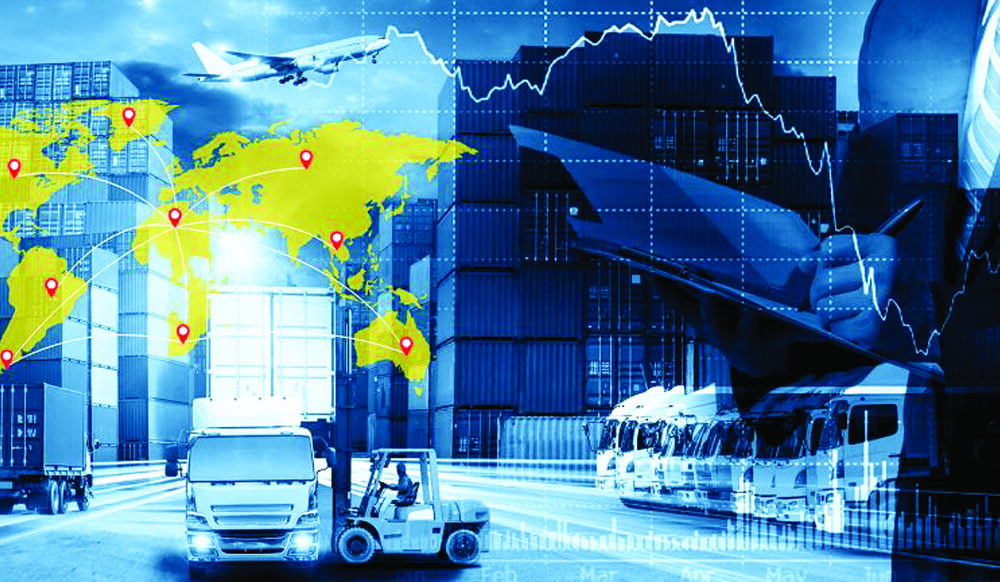



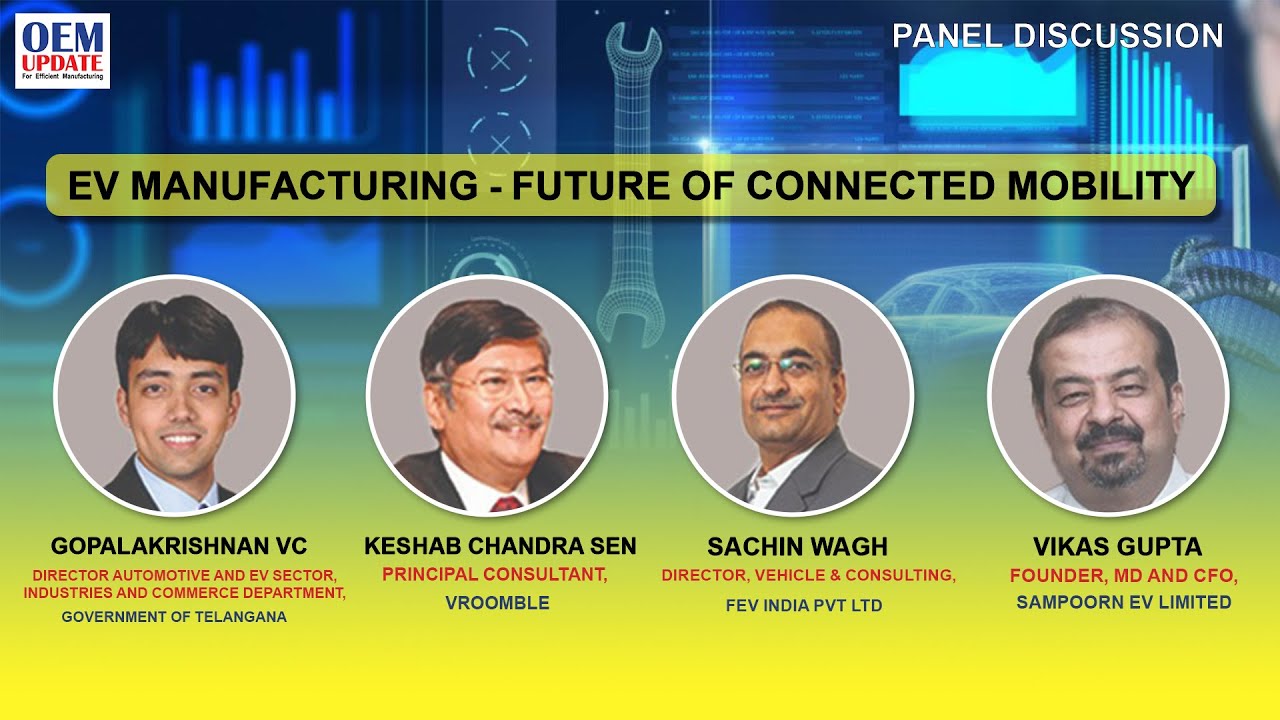

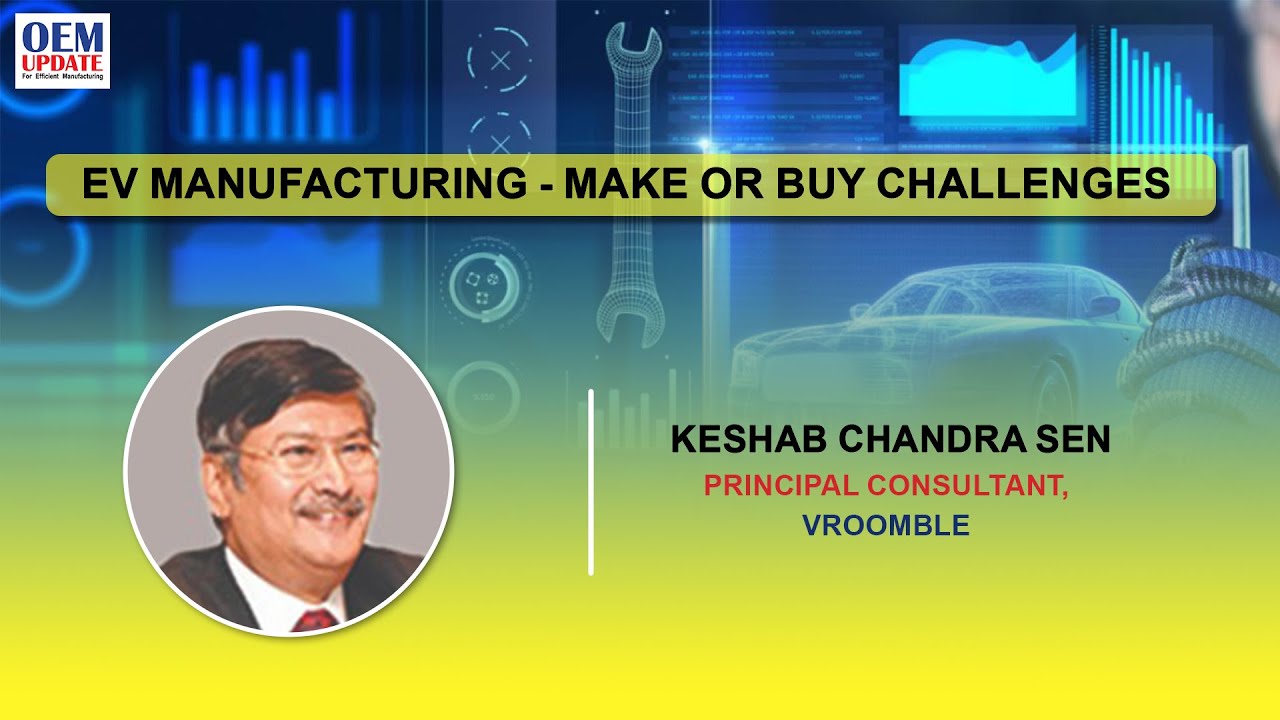
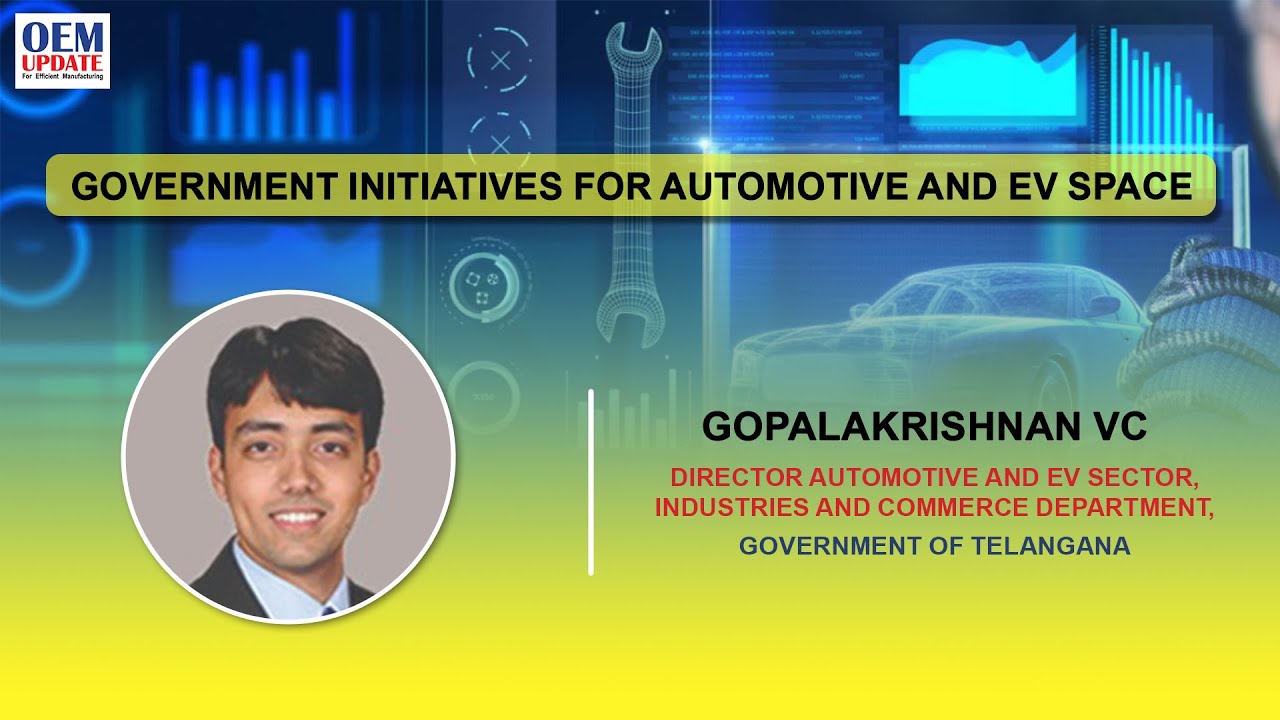

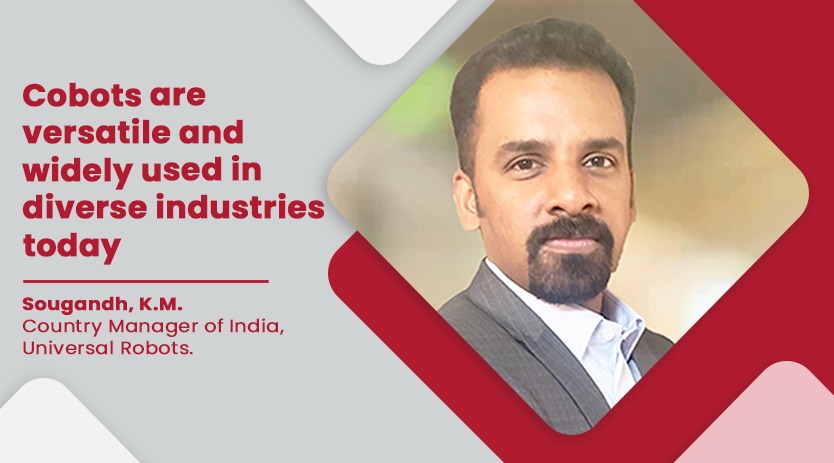
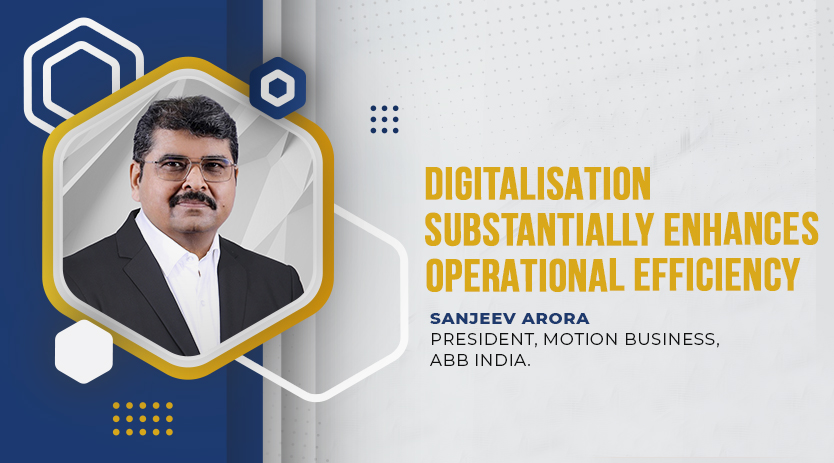



 English
English Hindi
Hindi